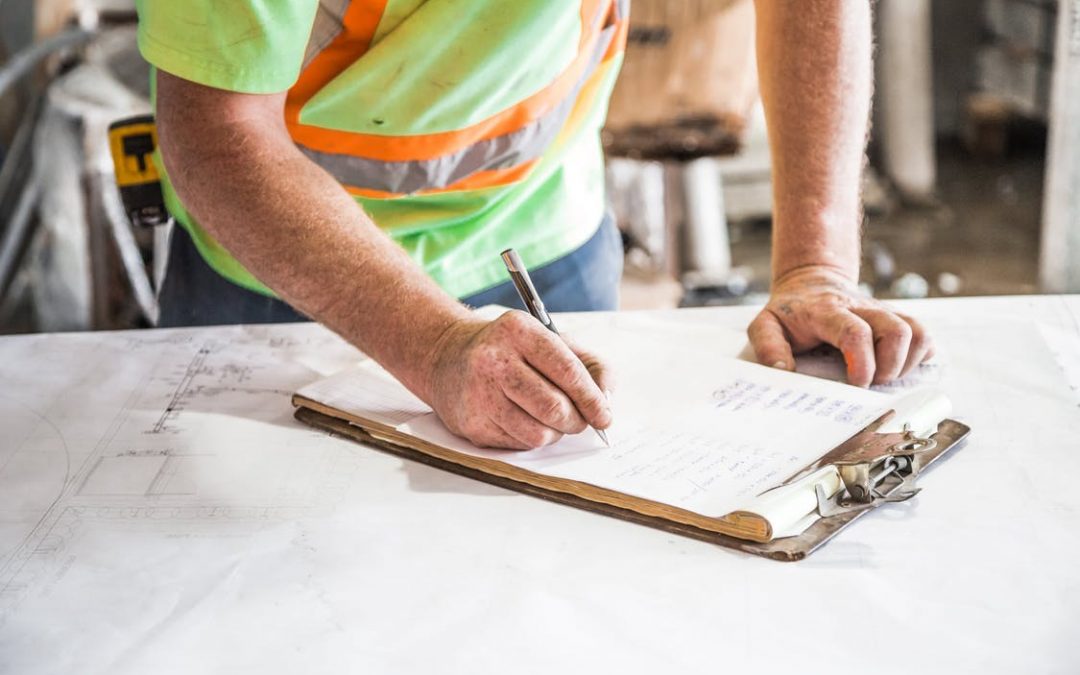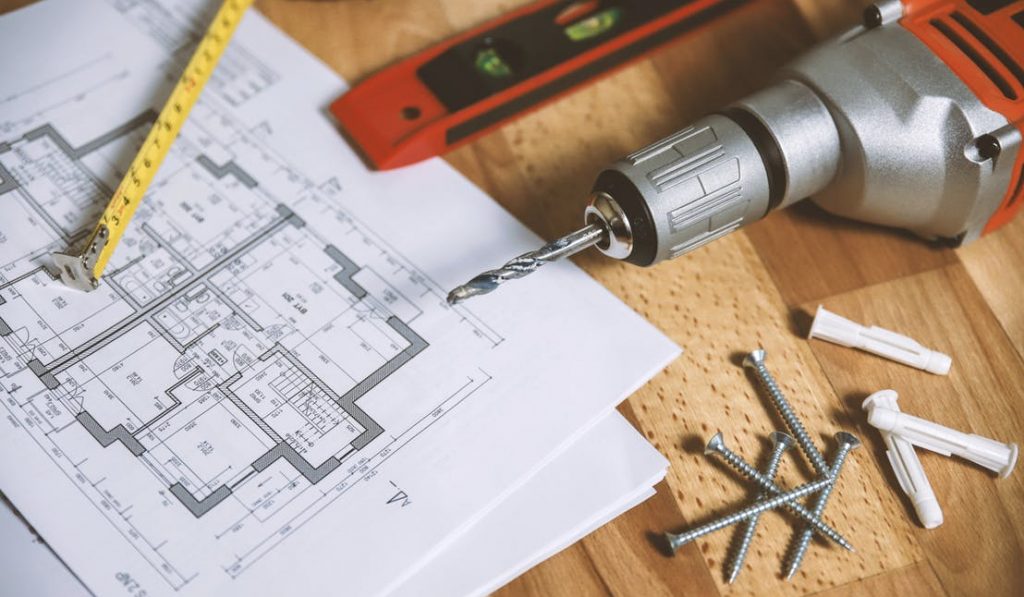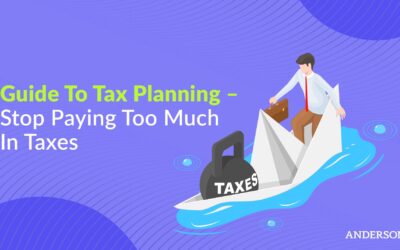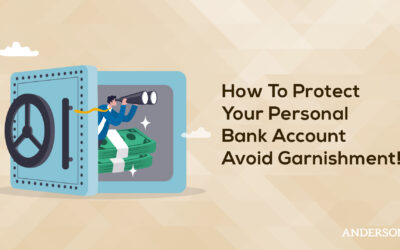Updated August 13, 2020
A real estate developer is someone who develops a building project from the ground up or renovates an existing property. These developments include residential real estate, commercial real estate, and even industrial real estate. Projects could be as small as building a single-family home or as large as redeveloping an entire distressed community.
How to Become a Real Estate Developer in 8 Steps
- Know Your Area
- Pinpoint Your Niche
- Learn the Rules
- Protect Yourself
- Create Your Team
- Find Investors
- Get to Work
- Learn How to Market
You don’t need a formal education to become a property developer, but successful residential and commercial real estate developers will certainly have drawn their education from experience. That said, creating your own development company and searching for investing clients is not contingent upon a certain level of education.
However, some real estate developers did receive a formal education in a specific area, becoming a commercial real estate broker, general contractor, or residential real estate agent, all of which require a specific education and licensing process. Or, they may have worked for a firm that specializes in construction management or property management. Having experience in diverse areas of the real estate market—from lathering on plaster to leasing—can certainly help you be the competent manager of an investment property being built from the ground up, especially when it comes to more multifaceted projects like an industrial investment or mixed-use development.
What Does a Real Estate Developer Do?
The exact ins and outs of what a real estate developer does will vary from project to project. Essentially, real estate developers are responsible for planning, financing, and executing real estate projects. While they may not be on-site putting up drywall or drafting floorplans, they are the brain of the operation and are responsible for making sure all its parts move effectively toward the end goal.
In the planning phase, a real estate developer is responsible for finding land or locating property. Architectural plans will need to be drafted up, both for new building projects or for renovating an existing property. Then permits need to be pulled so the project can move forward.
In the financing phase, a real estate developer will need to lock down some funding. They may be putting in their own funds. They may search for funding from other sources, such as real estate investors. These investors might be within their professional network or even total strangers. Of course, a good lawyer should draft up a contract and create some legal scaffolding that protects everyone’s interests.
In the execution phase, once the planning has been done and the financing locked down, the project will move forward. Contracts will need to be set up with the construction crews, which can become a tricky enterprise on larger building projects with diverse teams. Oftentimes this is the most difficult part of real estate development, and the part that puts a project behind schedule—so the best real estate developers are also competent on-the-ground managers.
The 8 steps to Become a Real Estate Developer
Many people confuse or conflate the idea of real estate development and real estate investing. In truth, a real estate investor could be a real estate developer as well, but real estate development is more focused on the process of creating real estate that generates cash flow, while real estate investing is more focused on the process of managing it.
1. A Good Real Estate Developer Must Know The Area
There are a number of external factors that can affect a project. Some are as simple and predictable as environmental cycles, such as considering weather’s effect on work. Others are harder to pinpoint but no less valid: Is the city a hot destination, or a stagnant wasteland? A good developer needs to know the area they’re working with, from the landscape to the sociopolitical climate. Developing thirty parcels of single-family dwellings in an area where young professionals are looking to move into apartments is not a recipe for financial success.
2. A Developer Must Pinpoint a Specific Niche
Dabbling in too many areas of real estate might come across as being an expert in none of them, which is damaging to investor confidence. Over time, you might be able to branch out into diverse areas, but when you first start out, you will want to pick one area of real estate and become good at developing it.
Single-family housing is different than multi-family housing, which is different than retail—not only in terms of permits and regulations and business but even in terms of design and construction. Will you specialize in affordable housing for direct sale to future owners? Will you specialize in remodeling to increase the cash flow of an existing commercial real estate investment? There are many different options to be successful in the real estate industry.
3. Real Estate Developers have many Rules to Learn
Developers must abide by a long list of rules and regulations. Though it was different in times past, there is not a single area of the United States where you can just build whatever you want, how you want. Every area has its own local zoning and building codes, along with state and national requirements.
These requirements are not put in place to make development difficult—they are created with a genuine interest in protecting human life from averse disasters like fires and avoiding deadly structural failure. Learn the rules and follow the codes. Work done “under the table” will come back to bite you—and possibly others. Before you make any improvements to the land under your management, make sure you understand the legal scaffolding around your building or pay an attorney to understand it for you.
4. Protect Yourself by doing your Developing under an Entity
You do not want to be conducting this type of enterprise under your own name, especially given the number of things that can go wrong. If projects fall through, investors may come knocking at your door to get their funds back. Accidents can happen on the construction site. Projects can veer off schedule and over budget, putting you and your goals at risk. Hire an attorney to protect you and your assets throughout the real estate development process. The easiest way to do this is through creating an LLC, though if you’re developing larger projects, a more complex tax strategy might behoove your financial interests, perhaps through the creation of a corporation.
5. Create Your Team
The most successful real estate developers have a good team behind them. You cannot do it all yourself, even if you’re an experienced architect, land surveyor, and contractor. This is perhaps the most important aspect of any successful real estate development process. If you have to fire a key member of your crew, or they walk out on you, you’ll be stuck with subpar work or even a halted project. Make sure you have reliable lawyers, contractors, architects, and real estate agents lined up to take your work from start to finish. Before you start, it certainly helps to have someone on board who can help you navigate capital gains tax strategies. Remember, the most successful real estate developers have a good team behind them.
6. Find Investors for Your Real Estate Development
In truth, you should always be looking for more investors. Everyone you meet is a potential investor, so keep that in mind as you network and make contacts.
Always look professional, carry business cards, and have a website that showcases your work with professional photography. You don’t have to be a professional photographer to have high-quality photos. Applying photo editing presets to your pictures is an easy way to correct lighting and give your real estate photos a cohesive look.
Once you have your project idea developed and a competent team ready to build, you can start the process of tapping into your network for actual cash.
7. Get to Work
Get to work—and make sure everyone else is doing their job correctly. A real estate investor can (somewhat) afford to give their cash over to a real estate developer who knows what they’re doing, and not look back. After all, they will certainly have a real estate asset management team in place to take care of their portfolio. But a real estate developer cannot afford to be hands-off. They must be actively involved in managing a project, or risk seeing it turn out as a loss.
8. Learn How to Market Your Property
Once you’ve finished your project, you need to find buyers so you can move on to your next project. Marketing is a multifaceted process that can involve paid ads, word of mouth, social media, and email blasts. Part of marketing is also learning how to create an engaging portfolio that will attract future investors or perhaps a high-profile real estate firm.
How to Become a Real Estate Developer
Real estate development is great for anyone who wants to develop a building project from start to finish. It’s also a great way for intelligent individuals to get involved in real estate with no capital—they can develop a property while others front the cash.
Real estate development is a lucrative field, and some of the wealthiest, most financially influential people in history have been real estate developers. Donald Trump, Magic Johnson, Steve Wynn, and Jeb Bush are just a few famous real estate developers whose work has changed the skyline of many American cities and built them enormous wealth.
Becoming a real estate developer can be very lucrative and rewarding. If the thought of building a home from the ground up, or renovating an old neighborhood into a thriving urban hub sounds engaging and fulfilling, then real estate development might be the field for you. Before getting into the field, you will want to create a legal structure that protects yourself and your personal property from lawsuits. Depending on the size of your goals, you’ll either want to create an LLC or a corporation to limit your own personal liability. You should also designate a registered agent to take away all the legal headaches, leaving you free to focus on the real estate development aspect of your business.
The real estate industry has been around as long as there’s been a market for land. With the right amount of experience and education, you can tap into the financial power of the market by developing property, whether it’s residential, commercial, or industrial—and let others worry about fronting the capital. If you enjoy creative and managerial pursuits like building and captaining a team, real estate development may be a better fit for your than real estate investing. Just remember the importance of surrounding yourself with a good team, which of course includes solid legal counsel from professional advisors.
3 Steps to Create an Invisible Investor Strategy

















